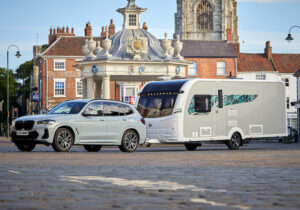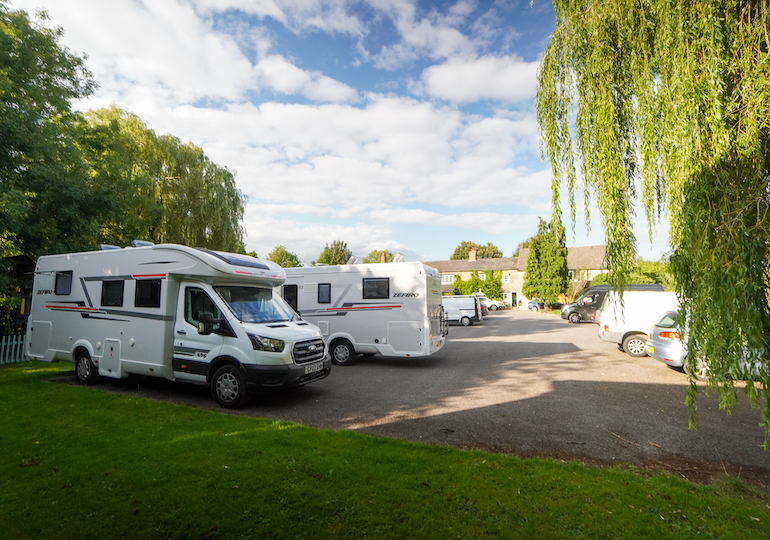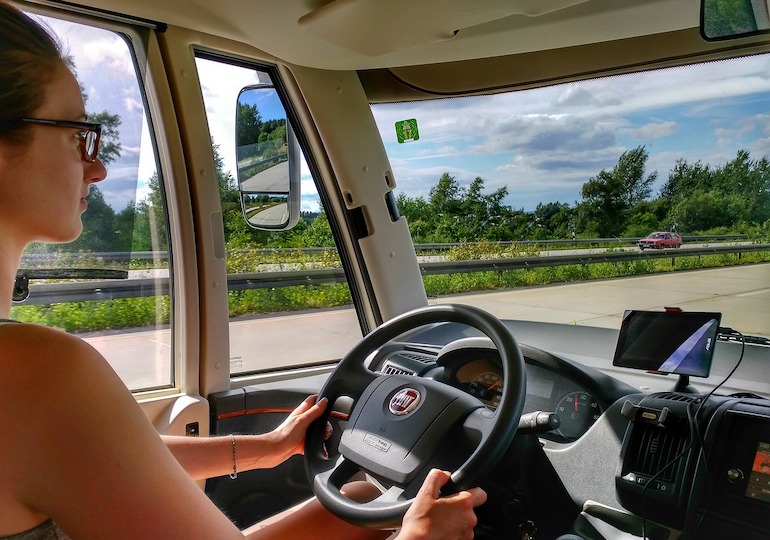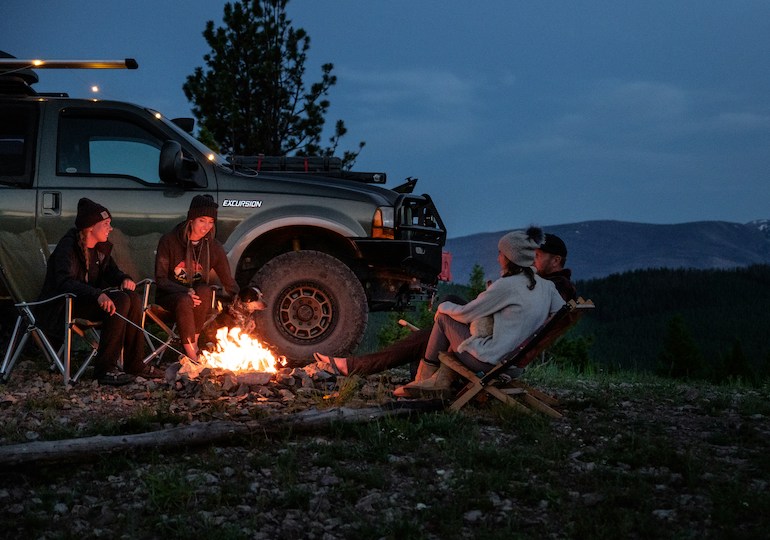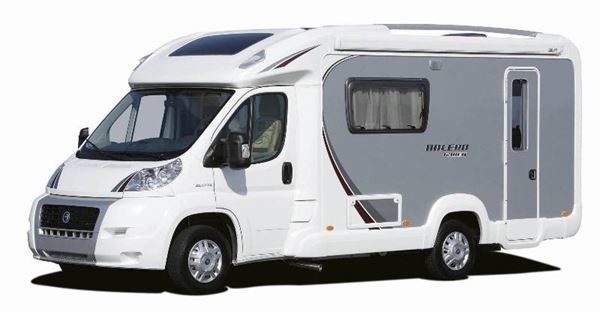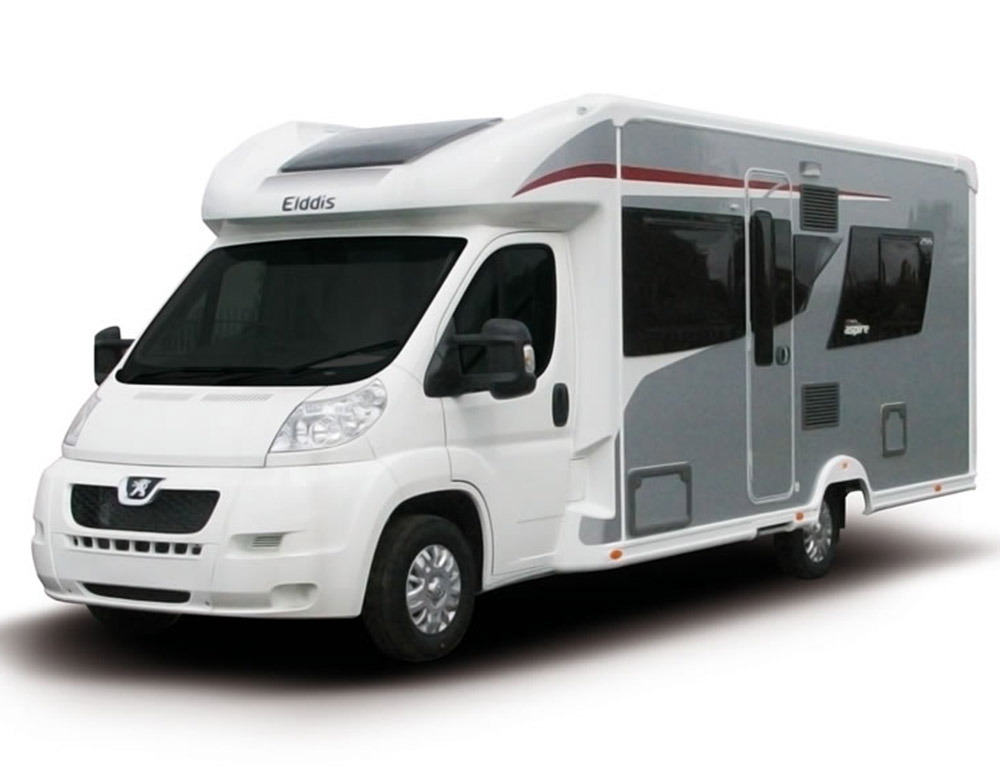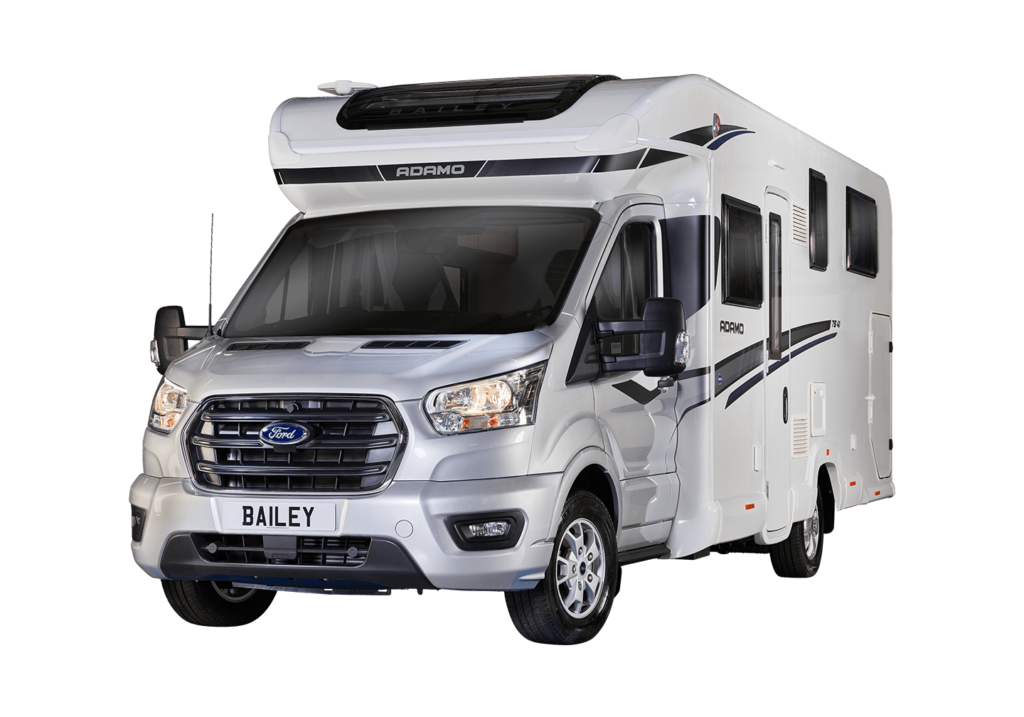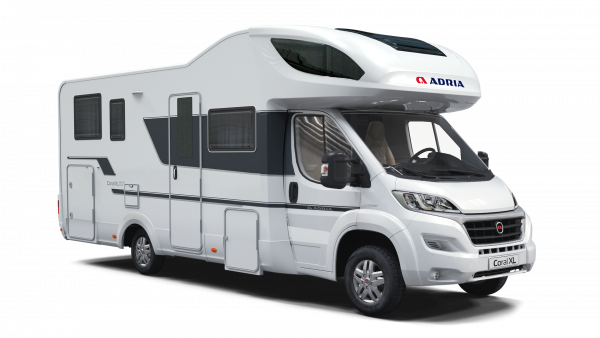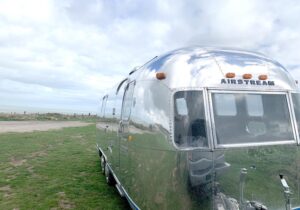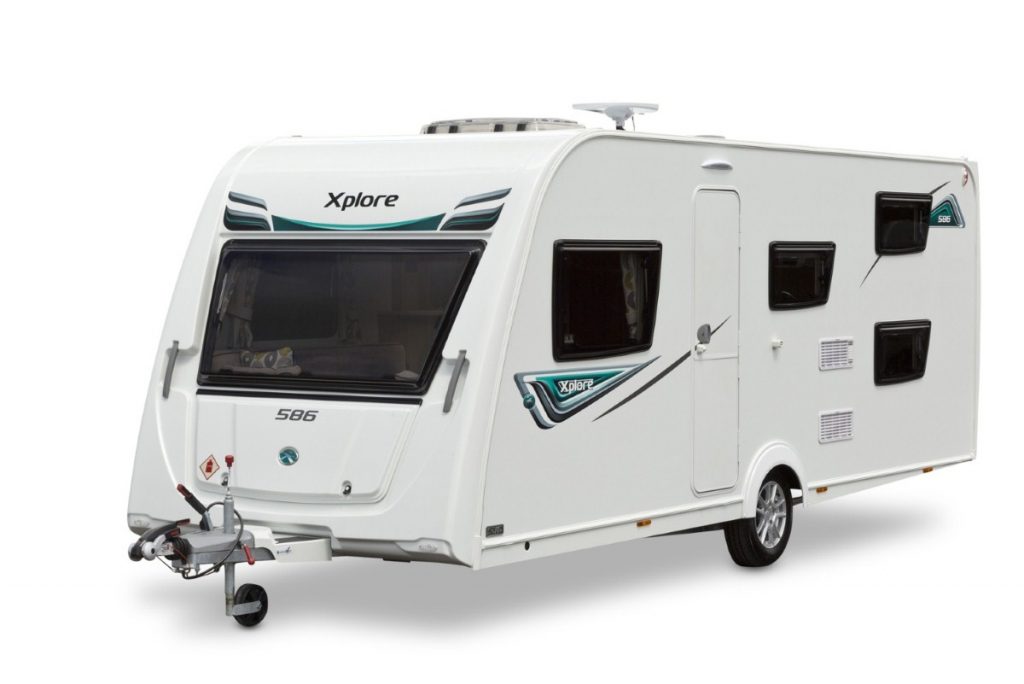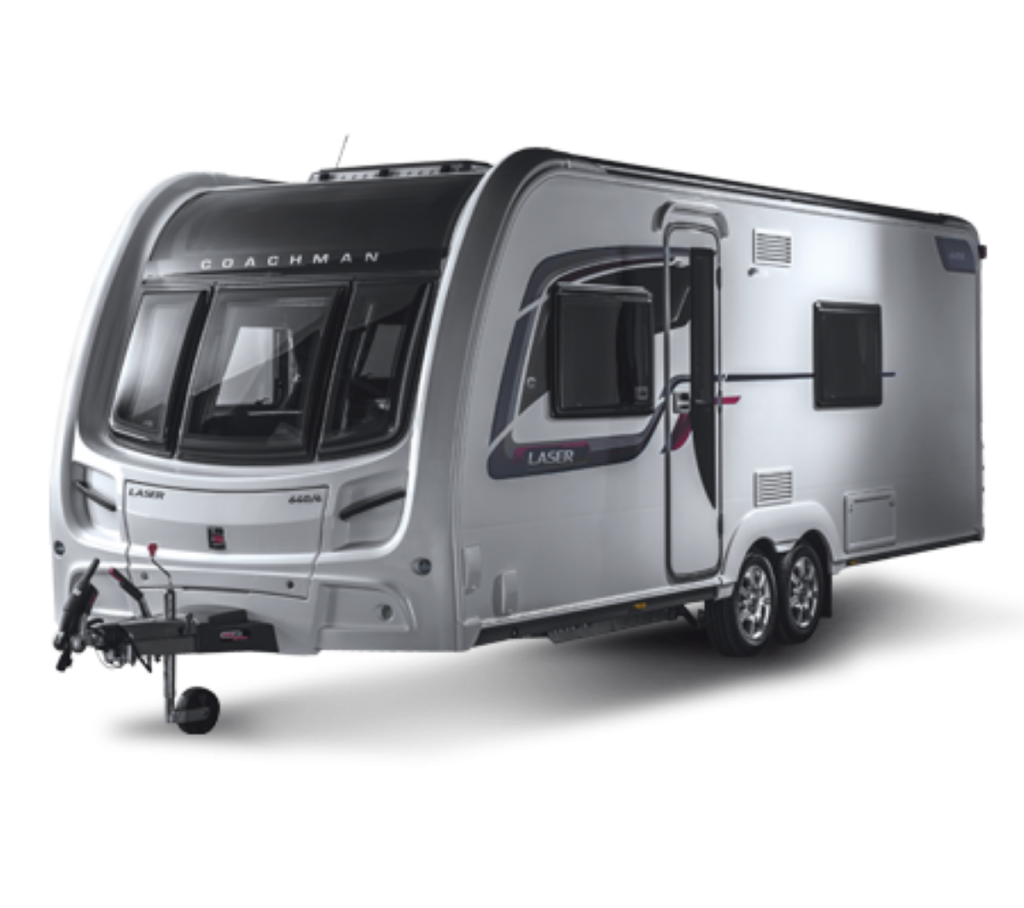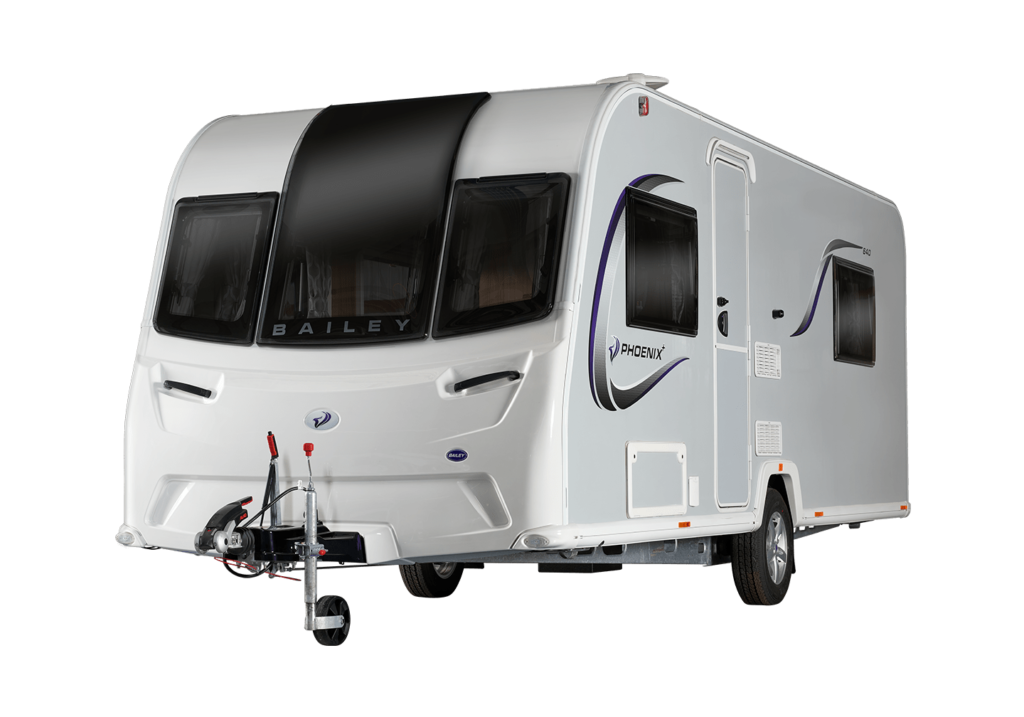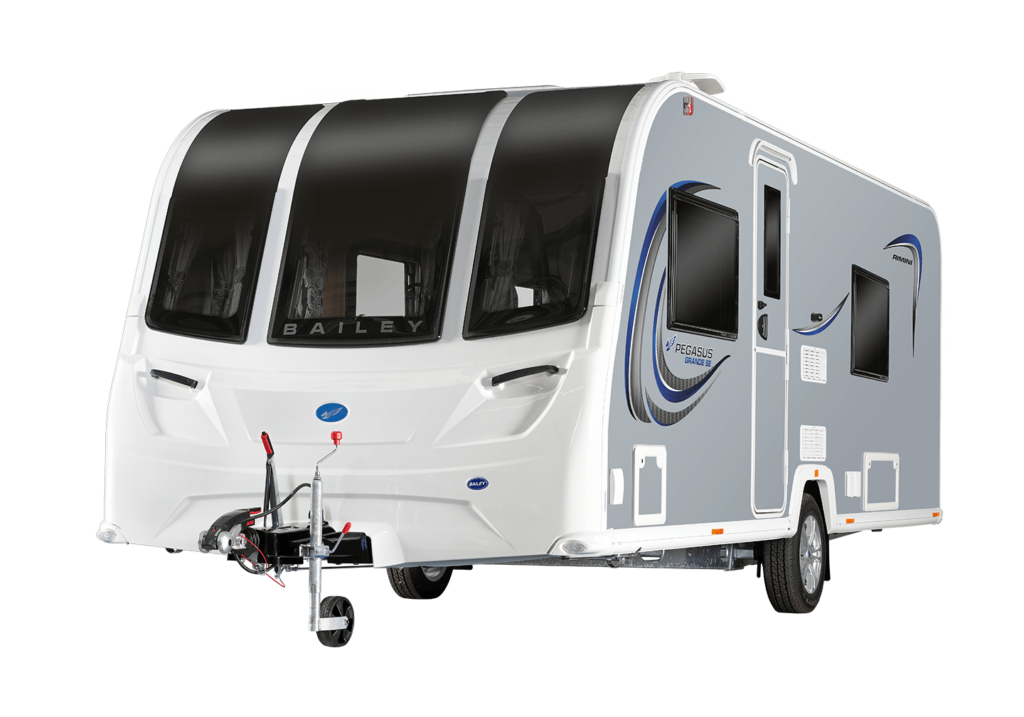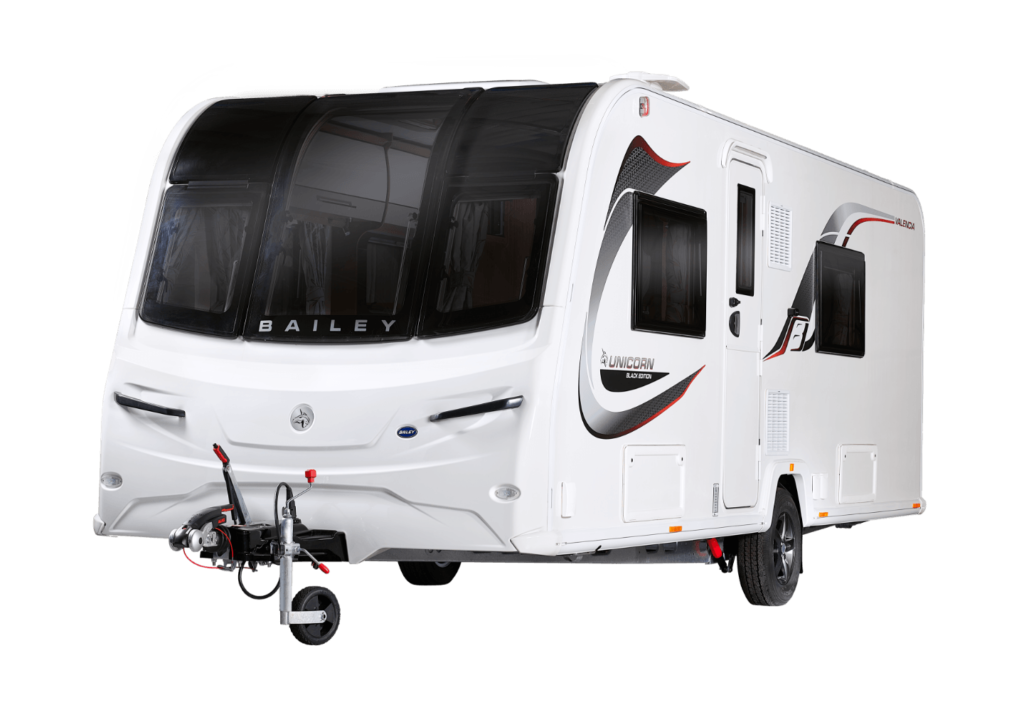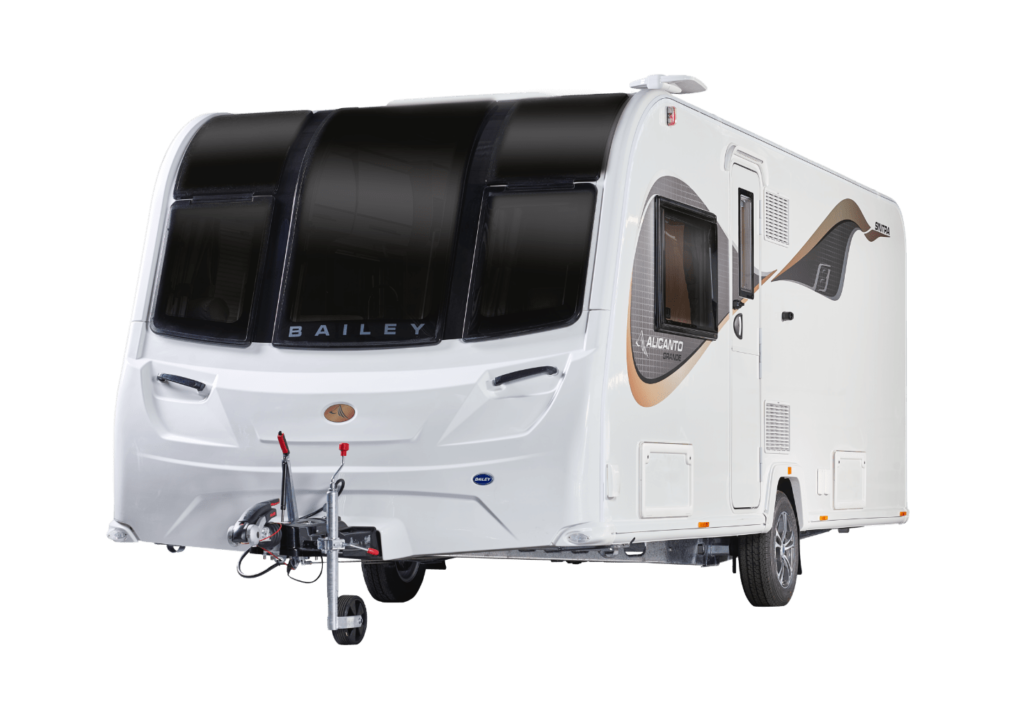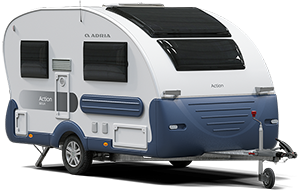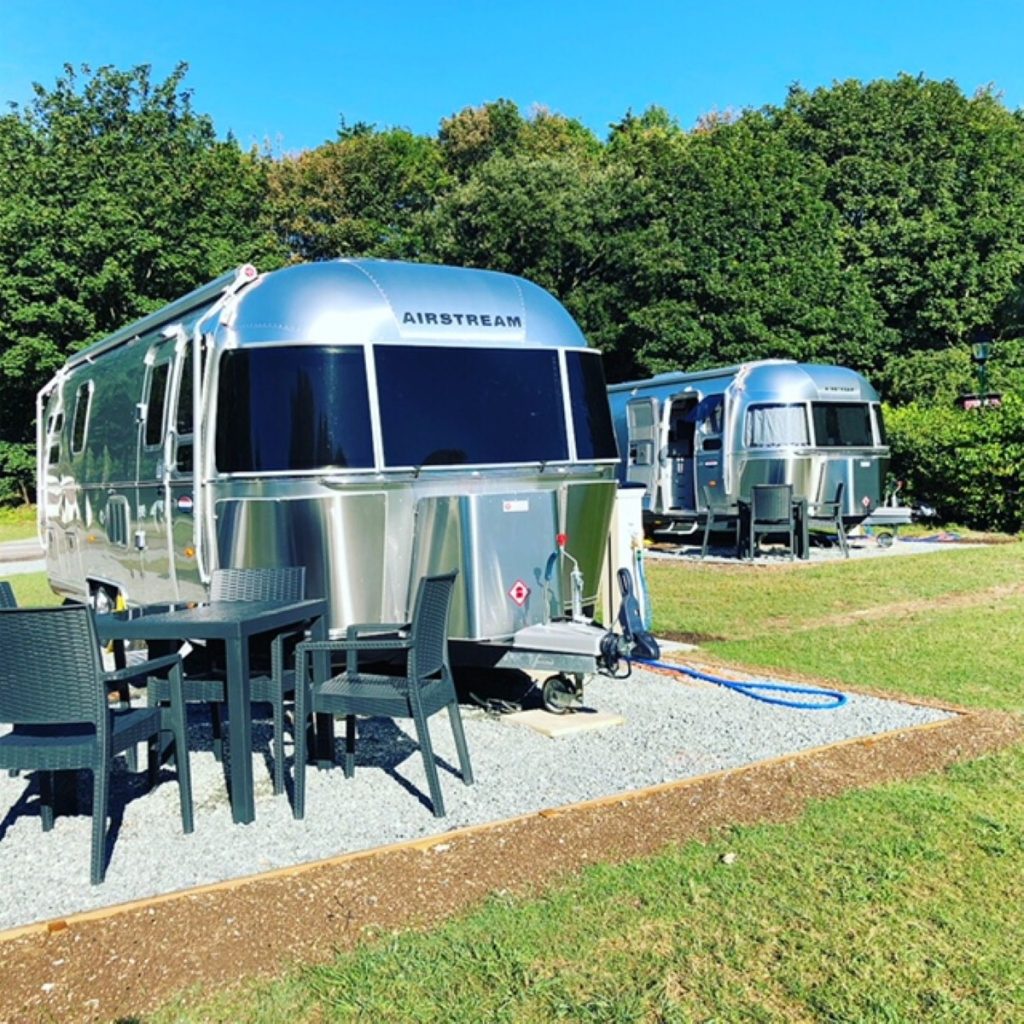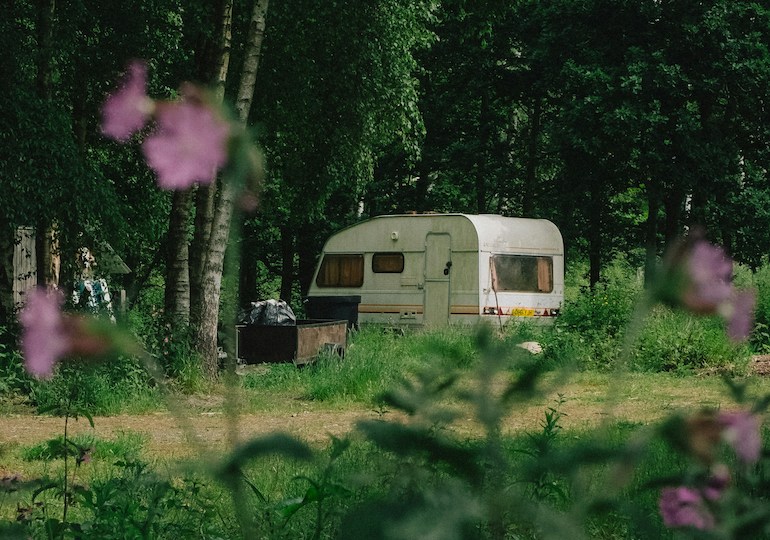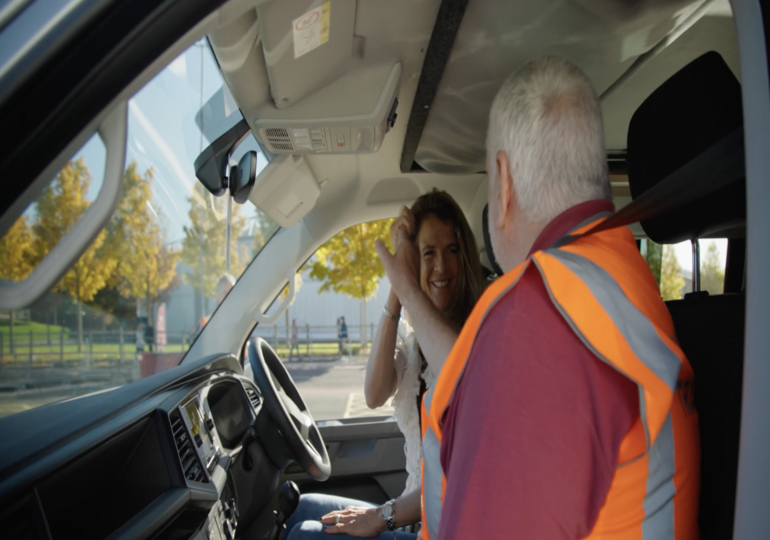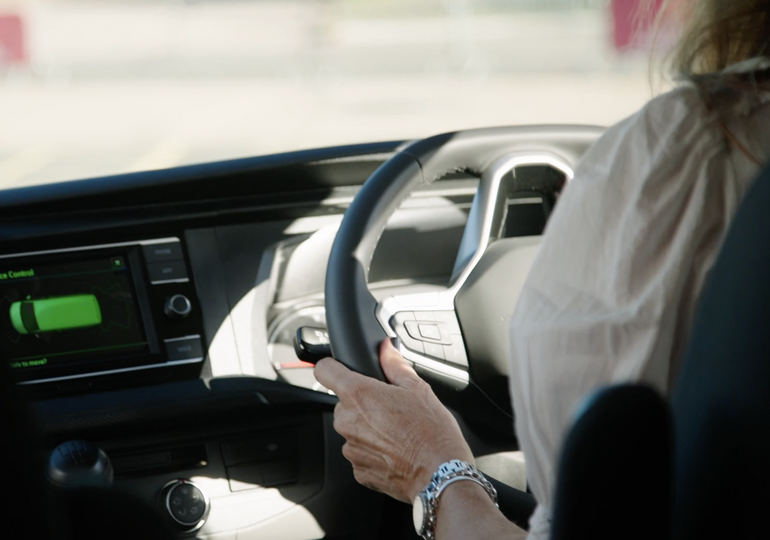Now that the clocks have gone back, the days are shorter and the nights longer, it’s important to think carefully about driving your motorhome or towcar in the dark.
There are a number of simple precautions to take to make sure you get to your campsite safely and Graham Conway, managing director at Select Car Leasing, has shared them with us.
Use lights appropriately
Check both your front and rear lights are in full working order before setting off, as it’s dangerous and illegal to drive without your lights working properly.
Turn on your dipped headlights around an hour before sunset and keep them on up until an hour after sunrise to ensure you’re always clearly visible to other road users.
You should use your full beams on unlit country roads to help you see more clearly, but if you encounter another vehicle, switch back to dipped beams immediately so that you don’t dazzle them.
Don’t look directly at the lights of oncoming vehicles
Never look directly at the lights of cars coming in the other direction, as you could be dazzled and the glare temporarily impair your vision.
Always look to the left-hand side of the road and follow the line marking the edge, so you can keep track of your position on the road.
If the glare is so bad that you can’t see anything, slow down but avoid stopping abruptly so any vehicles behind don’t run into the back of you.
Be aware of pedestrians, cyclists and animals
Take extra care when driving around residential areas so you have enough time to react if someone does happen to step out in front of you.
Cyclists become more difficult to spot after dark, too, especially if they’re not wearing reflective clothing or haven’t fitted lights to their bikes.
Watching out for animals darting in front of your motorhome or towcar becomes crucial at this time of year, particularly on country roads where nocturnal creatures are active.
Keep your speed down and always be on your guard for any unexpected movements so you can react to the situation easily at any given time.
Keep your windows clean
Condensation on the inside of your windows and dirt on the outside can impair visibility and become dangerous, so it’s important to take time to clean them before setting off.
Windscreens are particularly susceptible to steaming up with the contrast between warm air inside and cold outside.
Vehicle heaters are a necessity in the winter, but can blow dirty air at the glass, causing a hazy film to build up, which increases glare from oncoming headlights.
Don’t drive tired
Driving tired makes you a danger to yourself and others, and can even be as dangerous as drink driving, so schedule in lots of breaks.
If you’re heading off on a long journey that involves driving through the night, make sure you stop at least every couple of hours and grab a caffeinated drink to keep yourself alert.
It’s tempting to go a long way in your caravan or motorhome, but in the winter it can be sensible to stay closer to home and try to arrive before it gets dark.
Photo credit: Pexels/Josh Hild





